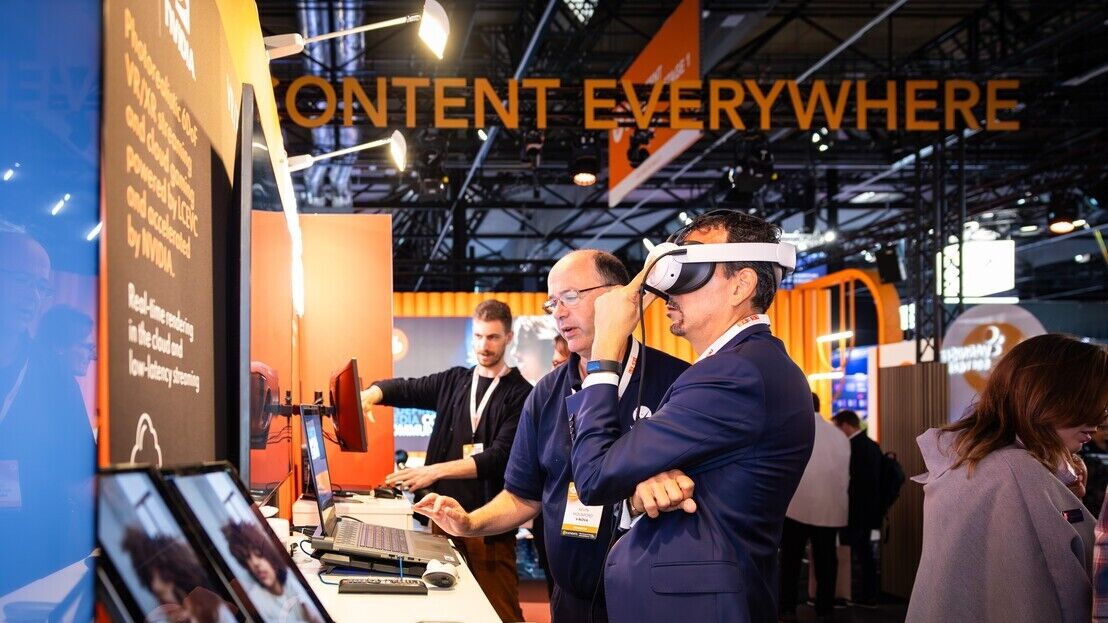In last month’s review of key trends at IBC this year, Mark Strachan, chief product officer at Telstra Broadcast Services, made the observation that the media and entertainment industry remains a “very male-dominated industry with more work needed to create change”.
Telstra itself believes it is bucking the trend, even though only 25% of its 24-strong team at IBC were women. As the company concedes, there is still much more it can do, “but this percentage felt higher than many other companies with whom we met” at IBC, it says.
Roland Sars, CEO of Media Distillery, acknowledges the challenge of recruiting women for tech roles, “particularly in our specialist field of AI, which is increasingly important in media and entertainment. We have made progress with recent hires, but recognise we still have a long way to go,” he says...
You are not signed in
Only registered users can read the rest of this article.

Poacher turned gamekeeper: Netflix rules, for now
Netflix raids Hollywood to land a giant of old media, but having offered billions over the odds for ageing IP, would a smarter play have involved the creator economy?

Truth in the age of deepfakes: Building trust in the human-machine era
As deepfakes become prevalent throughout the media industry, experts at the BBC, Guardian, and ITN wrestle with the implications of today’s unprecedented levels of disinformation and distrust.

Rory Peck Awards: Truth has never needed its defenders more
This year’s Rory Peck Awards was an affirmation that press freedom is in severe danger, that it has become a vicious fight to sustain that facts matter. George Jarrett reports.

Camerimage: “The time to be afraid of AI was two years ago”
The festival of cinematography remains political with the rise of AI and gender equality bubbling beneath the surface.
.jpg)
Content Everywhere: Disruptive forces in 2025, from AI to ROI and SGAI
Looking back over 2025 to date, it’s clear that AI continues to widen its role in the Content Everywhere ecosystem, and many companies are becoming more discerning about how and where the technology should be applied to streaming and video technology. Clearly, there is still much more to come, and much more to learn, but what have recent developments taught the industry to date?




.jpg)
.jpg)